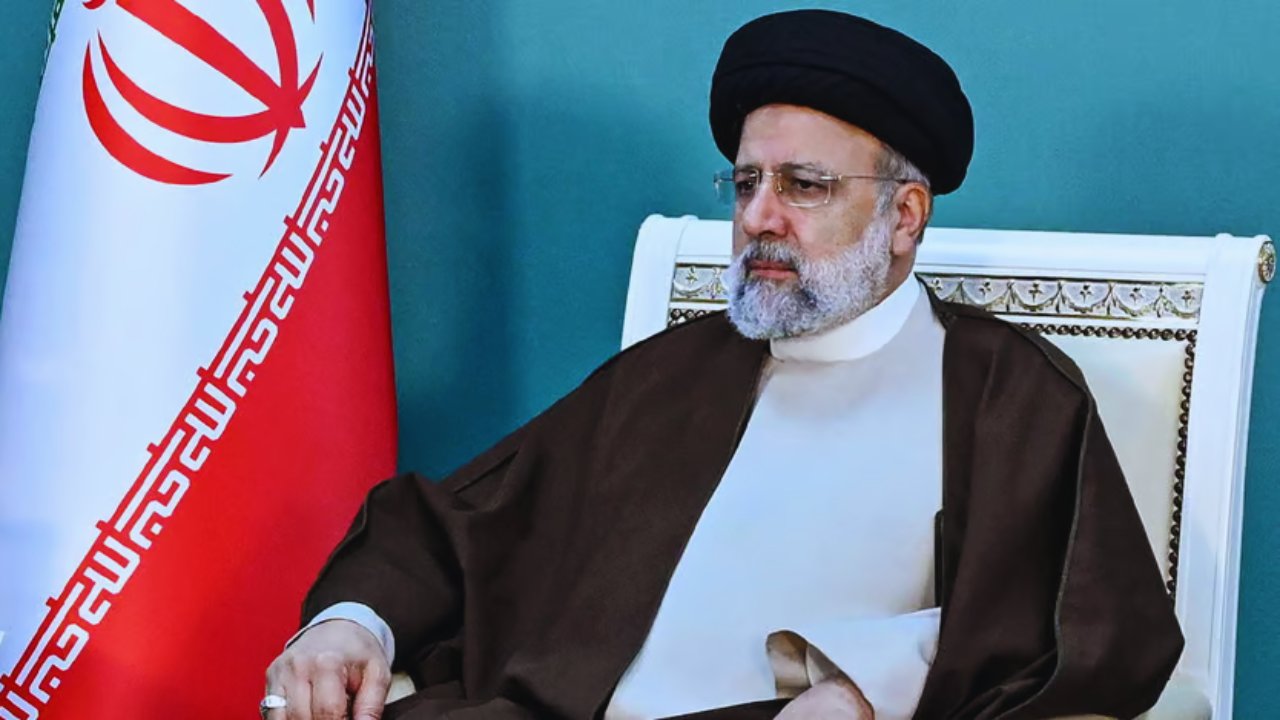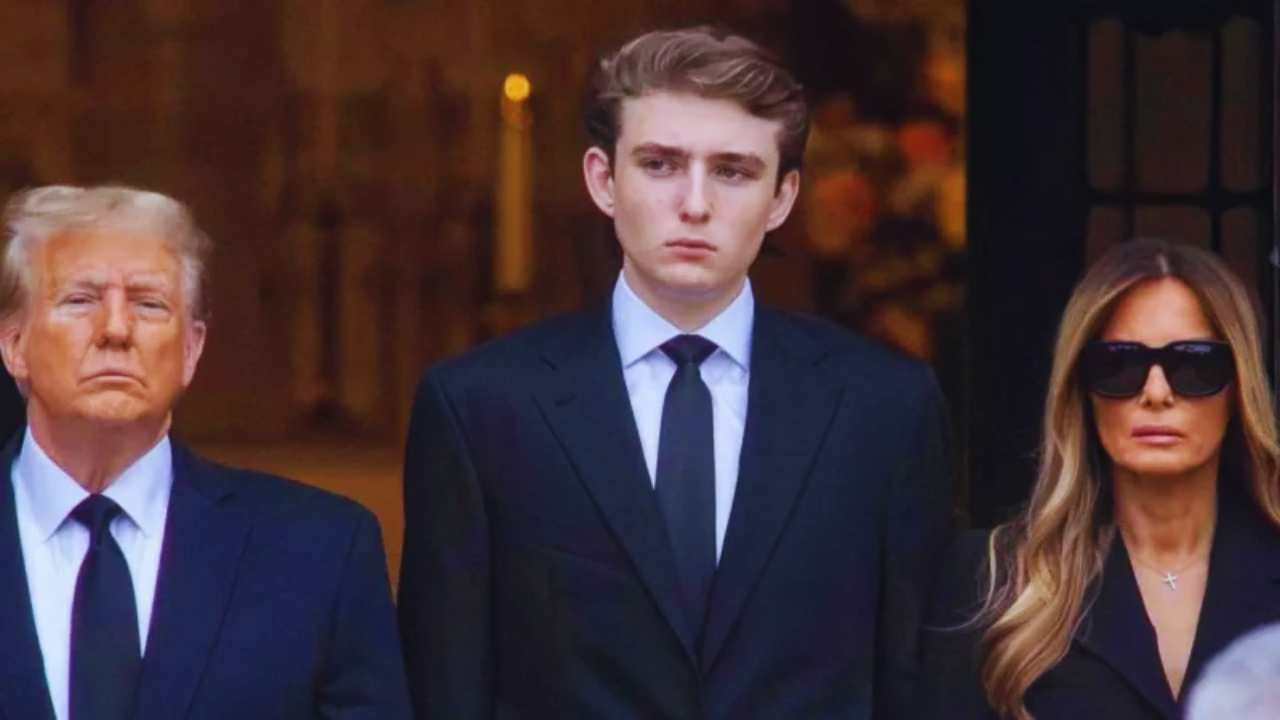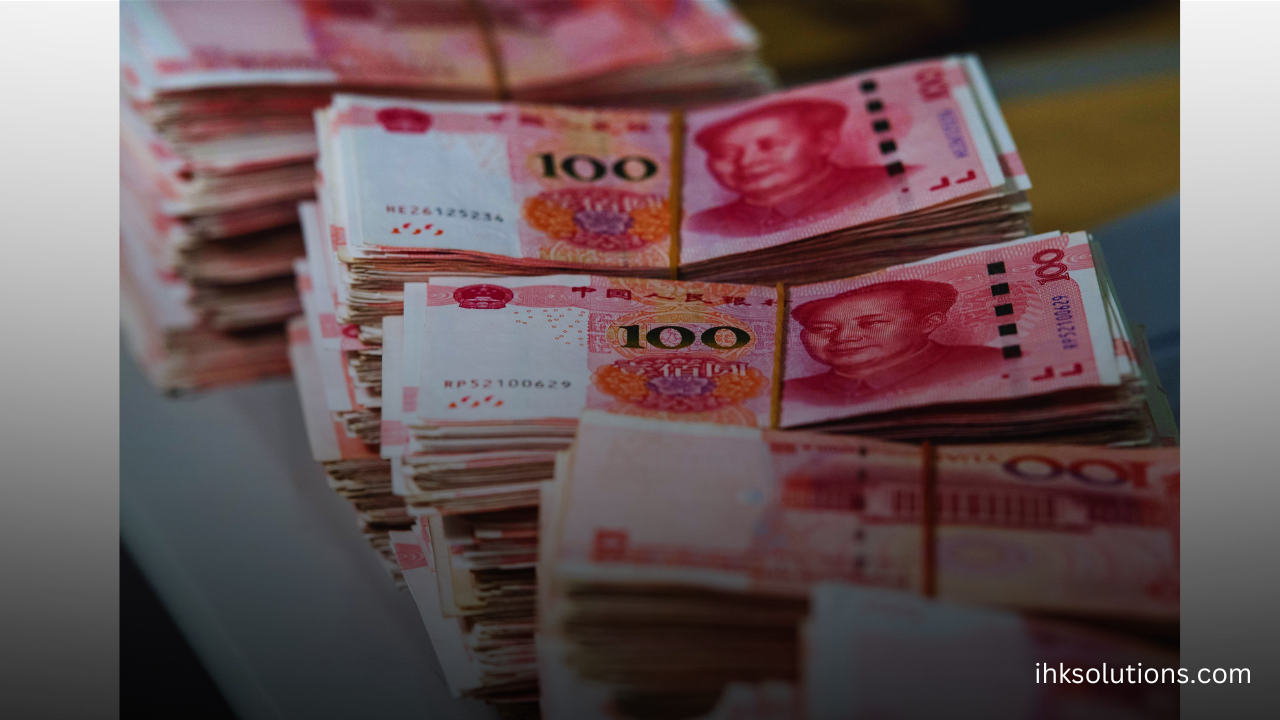Iran President Ebrahim Raisi, a staunch ally of the Supreme Leader, has died at the age of 63 in a helicopter crash.

Dubai, United Arab Emirates — Ebrahim Raisi, the hard-line president of Iran who was close to the country’s Supreme Leader and helped oversee the mass executions of thousands in 1988, later led the country as it enriched uranium near weapons-grade levels, launched a major attack on Israel, and faced mass protests, has died. He was 63.
Raisi’s death, along with the deaths of the foreign minister and other officials in a helicopter crash on Sunday in northwestern Iran, comes as the country grapples with internal opposition and its relations with the wider world. Initially a cleric, Raisi once kissed the Quran, the Islamic holy book, at the United Nations and often spoke more like a preacher than a statesman when addressing the world.
Raisi, who lost the presidential election to the relatively moderate Hassan Rouhani in 2017, came to power four years later in an election carefully managed by Supreme Leader Ayatollah Ali Khamenei to exclude any major opposition candidates.
His election came at a particularly tense time for relations between Tehran and Washington following President Donald Trump’s 2018 decision to unilaterally withdraw the U.S. from the nuclear deal that aimed to limit Iran’s uranium enrichment in exchange for sanctions relief.
While Raisi said he wanted to rejoin the deal with world powers, his new administration resisted international inspections of nuclear facilities, partly due to alleged sabotage blamed on Israel. Talks to restore the deal stalled in the early months of his government.
“Sanctions are America’s new way of waging war against the world’s nations,” Raisi told the United Nations in September 2021.”The policy of ‘maximum oppression’ is still being enforced. “We’re simply asking for what we rightfully deserve.”
Mass protests swept the country in 2022 after the death of Mahsa Amini, a woman arrested for allegedly wearing her hijab too loosely. The months-long crackdown that followed the demonstrations killed over 500 people and saw more than 22,000 others arrested.
In March, a U.N. investigative panel found Iran responsible for the “physical violence” that led to Amini’s death.
Then came the current war between Israel and Hamas, in which Iran-backed militants targeted Israel. In April, Tehran itself launched an unprecedented attack on Israel, using hundreds of drones, cruise missiles, and ballistic missiles. The incoming fire was intercepted by Israel, the U.S., and their allies, showcasing the intensity of the ongoing shadow war between Iran and Israel.
Born on December 14, 1960, in Mashhad, Raisi came from a family with roots tracing back to the Islamic Prophet Muhammad (PBUH), a heritage symbolized by the black turban he would later wear. His father passed away when he was just five years old. He went to the Shiite holy city of Qom to study at the seminary and later referred to himself as an Ayatollah, a high-ranking Shiite cleric.

On Monday, state media referred to Raisi as having “martyred while serving the nation.” Khamenei said Raisi “did not believe in fatigue.” Others pointed to the thaw in relations with Saudi Arabia last year as a major achievement.
However, activists abroad, such as the New York-based Center for Human Rights in Iran, described his presidency as marked by a “stunning escalation in state repression and violence against peaceful dissent in Iran.”
“Raisi presided over a country strangled by a regime fearful of its own people,” said Hadi Ghaemi, the center’s executive director. “He was just one boot on the neck of the Iranian people; others can easily take his place.”
In 1988, at the end of Iran’s long war with Iraq, Raisi was part of what became known as the “death commissions,” which sentenced political prisoners, militants, and others to death. International human rights groups estimate that up to 5,000 people were executed.
After then-Supreme Leader Ayatollah Ruhollah Khomeini agreed to a U.N.-brokered ceasefire, members of the Iranian opposition group Mujahideen-e-Khalq, armed by Saddam Hussein in Iraq, launched a surprise attack across the Iranian border. Iran ultimately repelled the attack, but it paved the way for mock trials.
Some of those present were asked to identify themselves. Those who answered “Mujahideen” were sent to their deaths.
Raisi was defiant when asked at a press conference after his election about the executions.
“I am proud to have defended human rights and ensured people’s security and comfort in my role as a prosecutor, no matter where I served,” said Raisi, who also spent time as Iran’s attorney general.

In 2016, Khamenei appointed Raisi to run the Imam Reza Charity Foundation, which oversees a vast array of businesses and endowments in Iran. It is one of several charitable foundations supported by donations and assets seized after Iran’s 1979 Islamic Revolution.
These foundations provide no public accounting of their expenditures.
:”The answer lies only with the Supreme Leader of Iran. It is believed that the Imam Reza Charity Foundation, known as ‘Astan Quds Razavi’ in Persian, is one of the largest charitable institutions. Analysts estimate its value in the tens of billions of dollars because it owns nearly half of the land in Mashhad, Iran’s second-largest city.
When Raisi was appointed to the institution, Khamenei described him as ‘a trustworthy person with high-level experience.’ This led to speculation among analysts that Khamenei might be grooming Raisi as a potential candidate to become Iran’s third Supreme Leader, a Shia cleric who has the final say in all state matters and holds the position of the country’s highest leader.

Despite losing his 2017 election campaign, Raisi received nearly 16 million votes. Khamenei appointed him head of the Iranian judiciary, which has long faced international criticism for its closed trials of human rights activists and those with Western ties. In 2019, the U.S. Treasury Department sanctioned Raisi ‘for his administrative oversight over the execution of individuals who were minors at the time of their crimes and for the torture and other cruel.
Treating prisoners in Iran in a way that’s inhuman, degrading, or includes amputations.”
By 2021, Raisi became the dominant figure in the elections after a committee headed by Khamenei disqualified candidates who posed the greatest challenge to his protégé. He received nearly 62% of the 28.9 million votes in that election. Millions stayed home, and others spoiled their ballots, leading to the lowest voter turnout in the history of the Islamic Republic.
Raisi has left behind his wife and two daughters.”



